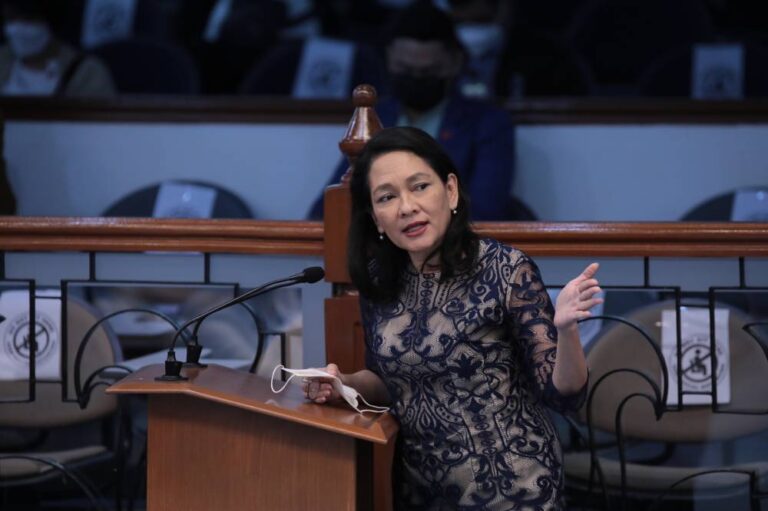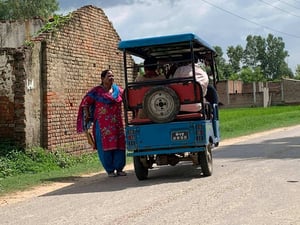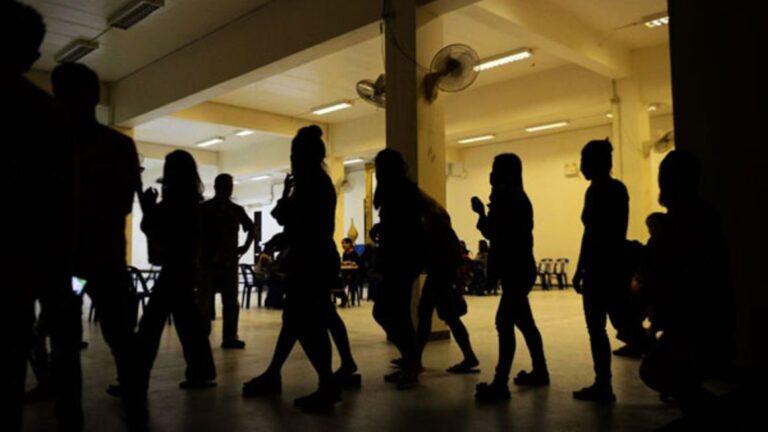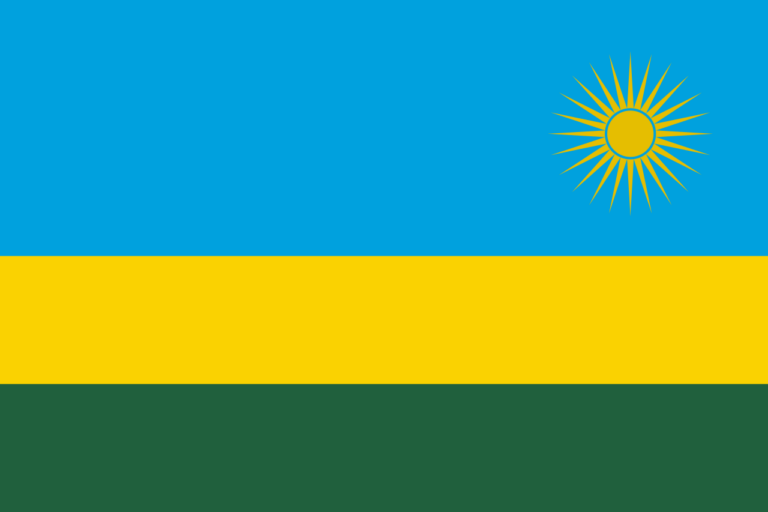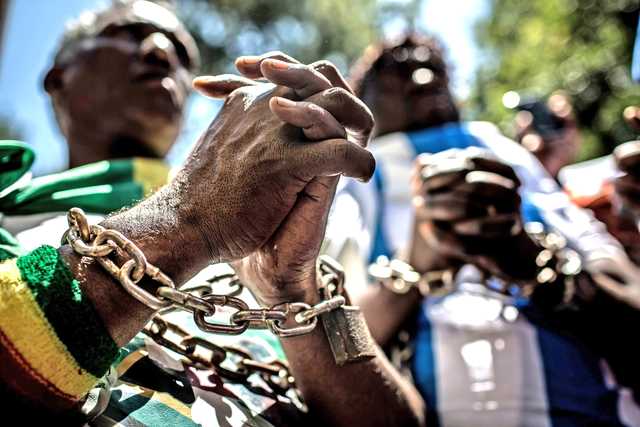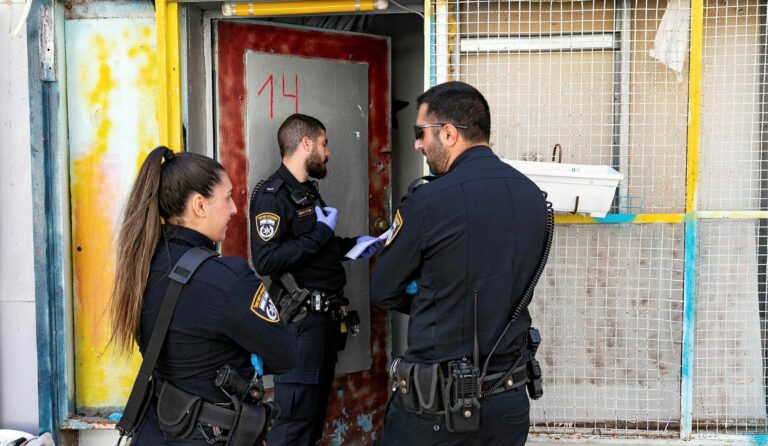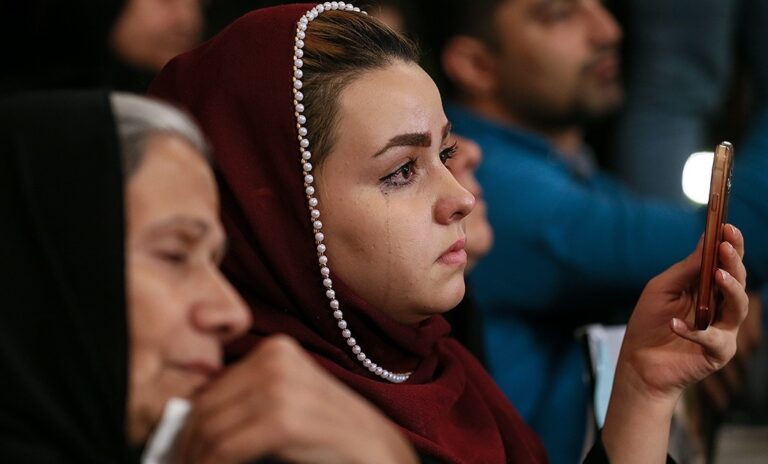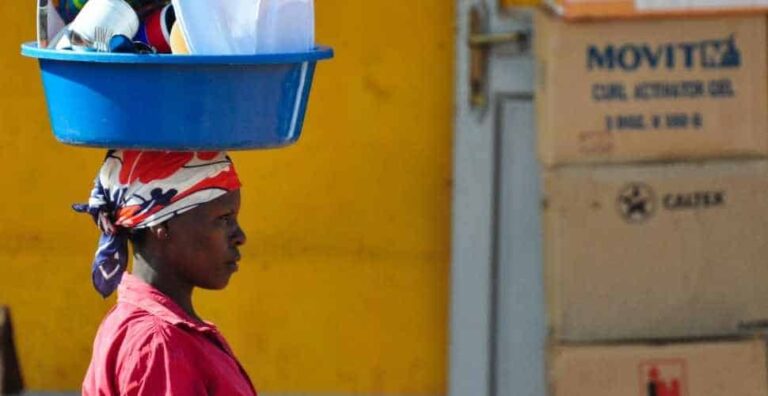DMW urged to strengthen support for pregnant OFWs in distress, victims of human trafficking
The newly-established Department of Migrant Workers (DMW) should put in place support mechanisms for Filipino migrant workers, especially those who are pregnant and in distress. Hontiveros noted that women overseas Filipino workers (OFWs) are often targets of “extensive violence.” “There is an increase of employment of female migrant workers, particularly in gender-based occupations and sectors…

